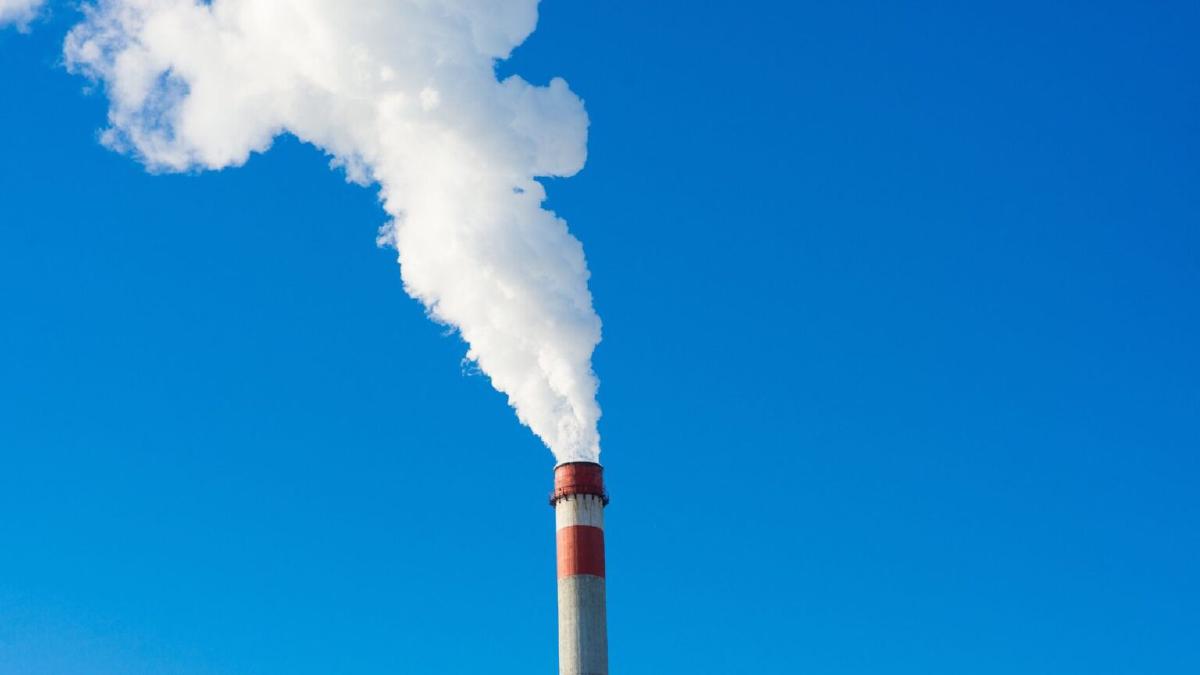简介#
数据来源于undata。最后更新于2021年11月1日。它包含了几年来世界各国总碳排放量和人均碳排放量。由于国家数量众多,在本数据分析中,我们仅选择了九个国家,即中国、美国、法国、德国、加拿大、意大利、日本、英国和奥地利。
绘制图像#
我们希望对这九个国家的数据有直观了解,所以选择在同一个图表中绘制
导入#
第一步是将原始数据导入程序代码。
data_csv <- read.csv("SYB64_310_202110_Carbon Dioxide Emission Estimates.csv")数据清洗#
我们需要从数据集中筛选出这九个国家的数据,为了能够进行比较,我们只需要人均数据,而不是总体数据。
world_data <- data_csv %>%
filter(Country %in% c("China", "United States of America", "United Kingdom", "France", "Germany", "Australia", "Japan", "Canada", "Italy")) %>%
filter(Series == "Emissions per capita (metric tons of carbon dioxide)")可视化#
只需要按国家、年份作为 x 坐标,以及人均排放量作为 y 坐标来绘制数据集。
world_plot <- world_data %>%
ggplot(mapping = aes(
x = factor(Year),
y = as.numeric(Value),
color = Country,
fill = Country,
group = Country,
))
world_plot +
geom_point() +
geom_line() +
labs(
x = NULL,
y = "Emissions per capita (metric tons of carbon dioxide)",
title = "Per capita emissions of some countries",
subtitle = "Data from 1975 to 2018",
caption = "Data sources: http://data.un.org/default.aspx",
) +
theme(
plot.title = element_text(size = 14), # title position
text = element_text(family = "JetBrains Mono"), # font
)研究结论#
- 总的来说,自 2015 年以来,各国的排放量趋于平稳。
- 自 1975 年以来,各国人均碳排放量呈现增减交替的趋势,并趋于稳定。
- 总的来说,澳大利亚、加拿大和美国的人均碳排放量远远超过其他国家。
Full code
library(tidyverse)
library(ggplot2)
data_csv <- read.csv("SYB64_310_202110_Carbon Dioxide Emission Estimates.csv")
world_data <- data_csv %>%
filter(Country %in% c("China", "United States of America", "United Kingdom", "France", "Germany", "Australia", "Japan", "Canada", "Italy")) %>%
filter(Series == "Emissions per capita (metric tons of carbon dioxide)")
world_plot <- world_data %>%
ggplot(mapping = aes(
x = factor(Year),
y = as.numeric(Value),
color = Country,
fill = Country,
group = Country,
))
world_plot +
geom_point() +
geom_line() +
labs(
x = NULL,
y = "Emissions per capita (metric tons of carbon dioxide)",
title = "Per capita emissions of some countries",
subtitle = "Data from 1975 to 2018",
caption = "Data sources: http://data.un.org/default.aspx",
) +
theme(
plot.title = element_text(size = 14), # title position
text = element_text(family = "JetBrains Mono"), # font
)按国家划分的数据图#
可视化#
- 我们只需要在上述基础上添加一个语句来按国家分隔图表。
- 同时,由于国家数据已经包含在各种图表中,我们不需要额外的图例。
world_plot <- world_data %>%
ggplot(mapping = aes(
x = factor(Year),
y = as.numeric(Value),
color = Country,
fill = Country,
group = Country,
))
world_plot +
geom_point() +
geom_line() +
facet_wrap(~Country) +
labs(
x = NULL,
y = "Emissions per capita (metric tons of carbon dioxide)",
title = "Per capita emissions of some countries",
subtitle = "Data from 1975 to 2018",
caption = "Data sources: http://data.un.org/default.aspx",
) +
theme(
legend.position = "none",
plot.title = element_text(size = 14), # title position
text = element_text(family = "JetBrains Mono"), # font
)研究结论#
- 加拿大、法国、德国、意大利和日本整体上变化不大。
- 美国近年来持续下降,而中国正在上升。
Full code
library(tidyverse)
library(ggplot2)
data_csv <- read.csv("SYB64_310_202110_Carbon Dioxide Emission Estimates.csv")
world_data <- data_csv %>%
filter(Country %in% c("China", "United States of America", "United Kingdom", "France", "Germany", "Australia", "Japan", "Canada", "Italy")) %>%
filter(Series == "Emissions per capita (metric tons of carbon dioxide)")
world_plot <- world_data %>%
ggplot(mapping = aes(
x = factor(Year),
y = as.numeric(Value),
color = Country,
fill = Country,
group = Country,
))
world_plot +
geom_point() +
geom_line() +
facet_wrap(~Country) +
labs(
x = NULL,
y = "Emissions per capita (metric tons of carbon dioxide)",
title = "Per capita emissions of some countries",
subtitle = "Data from 1975 to 2018",
caption = "Data sources: http://data.un.org/default.aspx",
) +
theme(
legend.position = "none",
plot.title = element_text(size = 14), # title position
text = element_text(family = "JetBrains Mono"), # font
)

